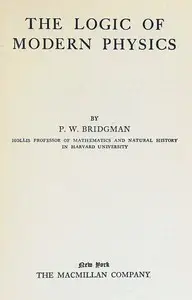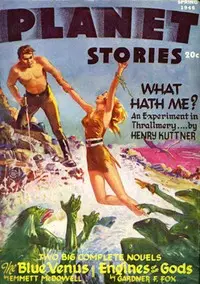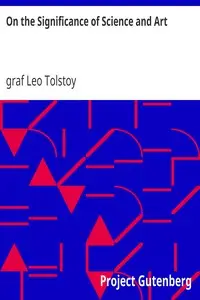"The Logic of Modern Physics" by P. W. Bridgman is a scientific publication written in the early 20th century. This work embarks on a critical examination of the foundational concepts in physics, particularly focusing on the burgeoning fields of relativity and quantum mechanics that emerged during that era. Bridgman aims to delve into how our understanding of physical principles has evolved and the implications of recent discoveries on classical concepts such as space, time, and mechanics. The opening of the text introduces Bridgman’s intention to explore the interpretative aspects of physics, highlighting a shift in attitude among physicists towards examining fundamental concepts rather than merely adhering to established views without inquiry. He acknowledges that the discoveries in relativity and quantum theory necessitate a re-evaluation of how we understand basic physical concepts. Through his empathic perspective, Bridgman sets the stage for a critical discourse that will critique current understanding while advocating for an operational viewpoint that aligns closely with experimental evidence, thus marrying empirical observations with theoretical constructs. (This is an automatically generated summary.)

The logic of modern physics
By P. W. (Percy Williams) Bridgman
"The Logic of Modern Physics" by P. W. Bridgman is a scientific publication written in the early 20th century. This work embarks on a critical examina...
Genres
Released
2023-04-22
Formats
epub3 (images)
epub
mobi (images)
epub (images)
Free Download
Overview
About the Author
Percy Williams Bridgman was an American physicist who received the 1946 Nobel Prize in Physics for his work on the physics of high pressures. He also wrote extensively on the scientific method and on other aspects of the philosophy of science. The Bridgman effect, the Bridgman–Stockbarger technique, and the high-pressure mineral bridgmanite are named after him.
Total Reviews
10.0k
Total reviews from Goodreads may change













